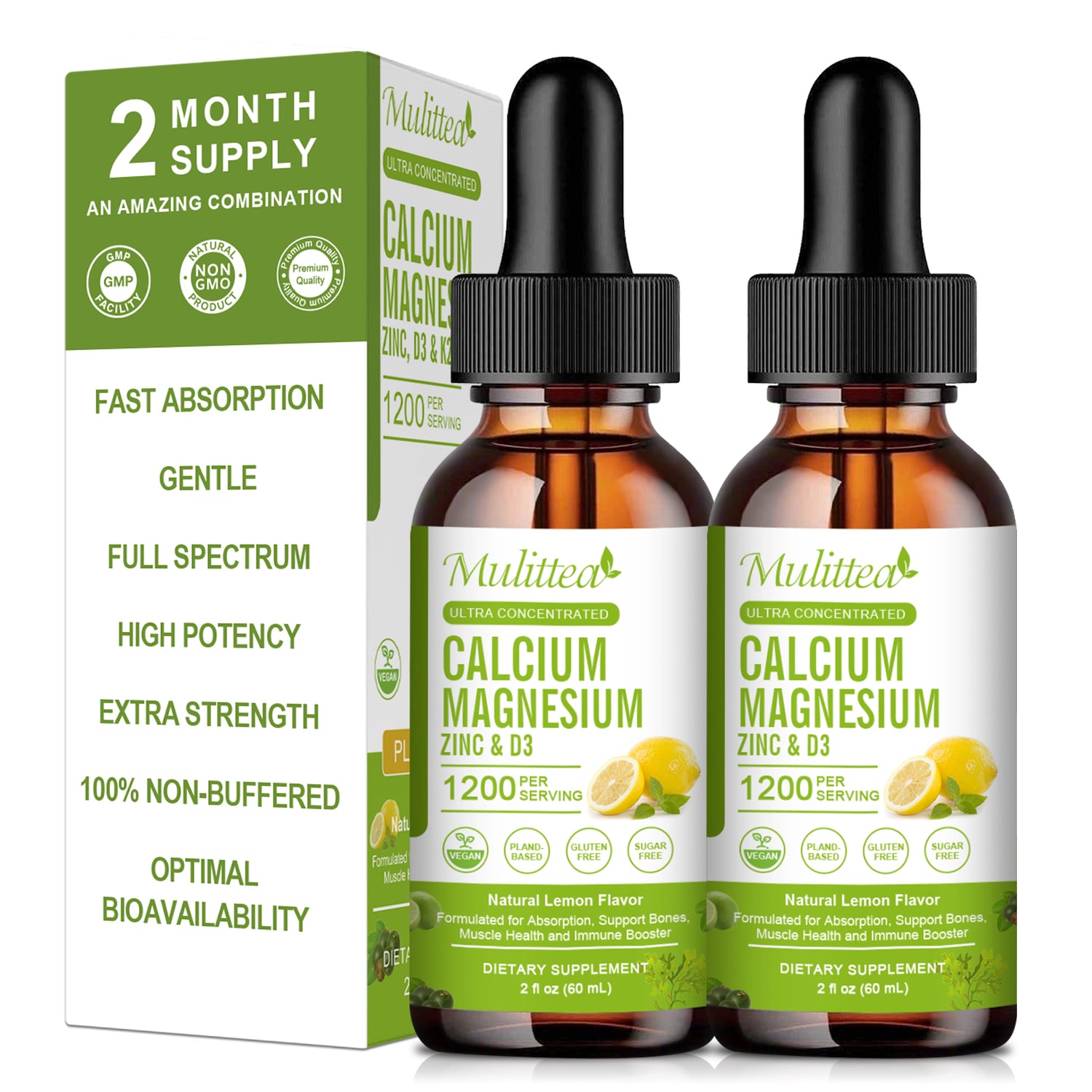
The Nutrients That Actually Support Hair, Skin & Nails: What Science Says
Share
If you’ve ever tried a new shampoo, serum, or nail treatment only to feel disappointed, you’re not the only one. While topical products have their place, many aspects of hair growth, skin clarity, and nail strength start with something less visible — your nutritional status. This idea, often called nourishment from within, is gaining attention in both the beauty and wellness worlds.
In this article, we’ll look at the nutrients that science supports for healthy hair, glowing skin, and resilient nails — and how you can get them through a mix of diet and supplements.
Collagen: The protein that supports skin structure
Collagen is the most abundant protein in your body, forming the scaffolding that keeps skin firm and elastic. As we age, collagen production naturally declines, leading to fine lines, sagging, and reduced skin hydration.
Clinical research suggests that oral collagen peptides, when taken daily for at least 3 months, may help improve skin elasticity and hydration in healthy women, especially when combined with vitamin C, which supports collagen synthesis.
You can boost collagen through:
- Food sources: bone broth, fish with skin, chicken, eggs
- Supplements: hydrolyzed collagen peptides, ideally paired with vitamin C
Biotin: A misunderstood “hair vitamin”
Biotin (vitamin B7) is often marketed for hair growth and strong nails. The truth? If you already get enough biotin from food, extra supplementation won’t make hair grow faster. But in cases of biotin deficiency — which can occur with certain diets or health conditions — supplementation may help restore brittle nails and thinning hair.
You can find biotin naturally in:
- Eggs (cooked), nuts, seeds, sweet potatoes, salmon
Safety note: High doses of biotin can interfere with certain lab tests, including thyroid and heart enzyme tests. Always tell your healthcare provider if you take biotin before a blood test.
Vitamins and minerals that work together for healthy skin, hair, and nails

While collagen and biotin get the spotlight, other micronutrients play equally important roles:
- Vitamin C: Antioxidant that supports collagen formation and helps protect skin from oxidative stress.
- Vitamin E: Another antioxidant linked to skin health and photoprotection.
- Vitamin A: Supports skin cell turnover — but too much can cause dryness, so balance is key.
- Zinc: Important for wound healing and reducing skin inflammation; low levels can contribute to hair loss.
- Iron: Low iron is one of the most common nutrient deficiencies in women and can cause brittle nails, pale skin, and hair shedding.
Eating a balanced diet rich in fruits, vegetables, lean proteins, and healthy fats can cover most of these needs — but certain life stages (pregnancy, heavy menstrual cycles, restrictive diets) can increase requirements.
The energy–beauty connection: Iron & B-vitamins
It’s hard to maintain a natural skincare routine or stay consistent with healthy habits when you’re exhausted. Iron and B vitamins (especially B12 and folate) are essential for red blood cell production, which delivers oxygen to every cell — including the ones that make hair, skin, and nails.
- Iron: Especially important for women with heavy periods.
- Vitamin B12: Found naturally in animal foods, low intake can affect energy and neurological health.
- Folate: The methylated form (5-MTHF) may be better absorbed by those with certain genetic variants.
If you often feel tired, pale, or notice more hair shedding, it’s worth asking your healthcare provider for a blood test before starting supplementation.
Methylated forms: Why some women choose them

You may have noticed “methylated” forms of folate or B12 on supplement labels. For people with certain MTHFR gene variants, these forms can be more bioavailable. While not necessary for everyone, some women prefer methylated nutrients to help ensure efficient utilization.
Building your own “nourishment from within” plan
For most women, a combination of nutrient-rich meals and a well-formulated multivitamin can help fill small dietary gaps. Try to include:
- Protein: eggs, fish, poultry, legumes
- Colorful produce: berries, leafy greens, bell peppers, citrus
- Healthy fats: avocado, olive oil, nuts
- Targeted supplements (when needed): collagen peptides, biotin (if deficient), iron (if low), methylated folate/B12 (if recommended)
Always check supplement labels for third-party testing, appropriate dosages, and forms that work for your needs.
Safety reminders
- Avoid megadoses unless advised by a healthcare provider.
- Check for possible interactions if you take medications (berberine, for example, can interact with blood sugar medications).
- Keep expectations realistic: nutrients support healthy growth and appearance over time — results aren’t instant.
The bottom line
True beauty support comes from a well-rounded approach — nourishing your body with the right vitamins, minerals, and proteins while caring for hair, skin, and nails externally. Whether your goal is thicker hair, clear skin, or strong nails, starting with nutrition gives you the foundation for lasting results.
If you’re looking for a convenient way to combine key beauty-supporting nutrients like collagen, biotin, methylated folate, vitamins A, C, D, E, zinc, and iron in one formula, you might explore a women’s multivitamin that’s third-party tested and designed with nourishment from within in mind — like Mulittea 31-in-1 methylated women’s multivitamin.
References:
- NIH Office of Dietary Supplements — Biotin Fact Sheet
- NIH Office of Dietary Supplements — Vitamin C Fact Sheet
- Asserin J, et al. The effect of oral collagen peptide supplementation on skin hydration and elasticity: a systematic review. J Cosmet Dermatol. 2021.
- NIH Office of Dietary Supplements — Folate Fact Sheet

